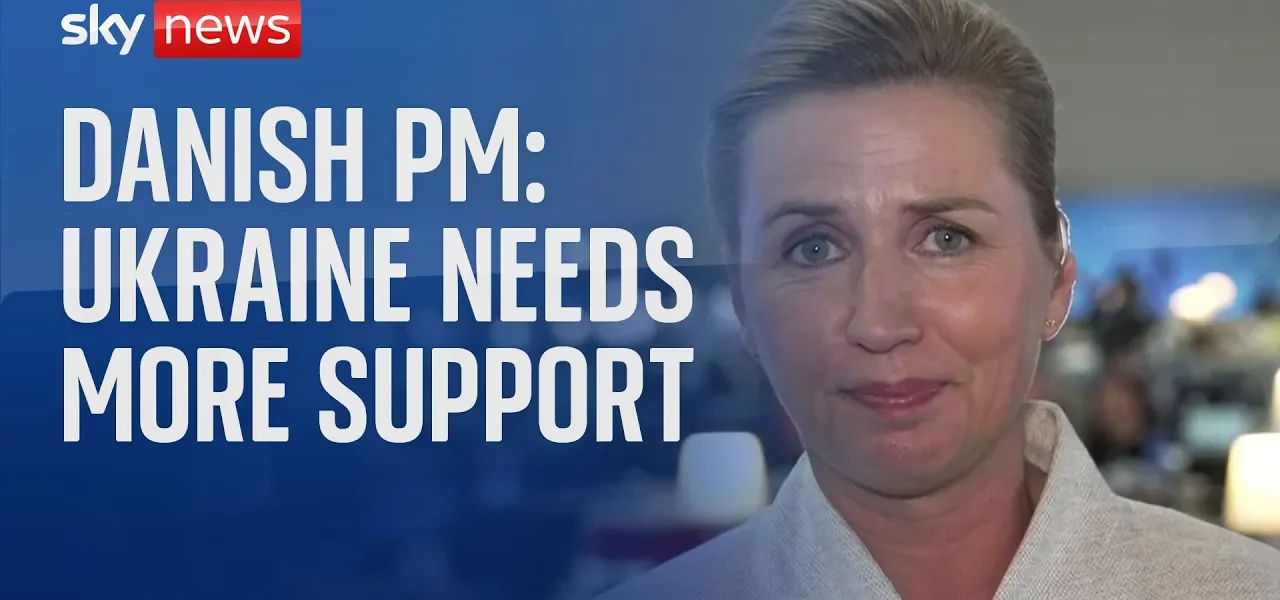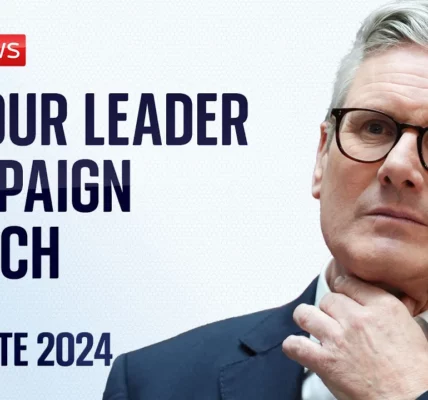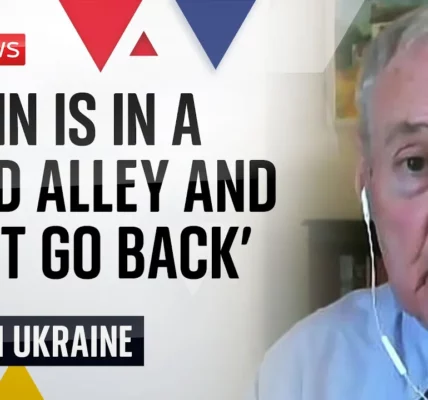Transatlantic Relations and the Ukraine War: Insights from Denmark

This article delves into the critical aspects of transatlantic unity between Europe and North America, the ongoing conflict in Ukraine, and the potential implications of U.S. presidential politics on NATO and European security.
Introduction
The geopolitical landscape of Europe is profoundly influenced by its relations with the United States and Canada, especially in the context of the ongoing war in Ukraine. This war is not merely a reflection of one leader’s ambitions but a significant event that threatens the stability of Europe as a whole. As Denmark’s leadership emphasizes the importance of supporting Ukraine and reinforcing European defense strategies, it becomes evident that the transatlantic alliance must remain strong amidst changing political tides in America.
The Importance of Transatlantic Unity
Transatlantic unity is crucial for addressing international conflicts and ensuring collective security. This unity is particularly relevant in the context of the Ukraine war, which has ramifications far beyond its borders.
Historical Context
The relationship between Europe and North America has long been characterized by mutual interests in security, democracy, and economic stability. The NATO alliance, founded in 1949, was designed to protect member states from external threats, particularly during the Cold War. Today, this alliance faces new challenges.
Current Challenges
- Russian aggression towards Ukraine
- Political changes in the U.S. that may affect NATO commitments
- The need for Europe to enhance its own defense capabilities
The Ukraine War: A Full-Scale Conflict
The conflict in Ukraine represents a full-scale war initiated by Russia’s invasion, raising urgent questions about European security and the role of NATO.
Understanding the Conflict
This war is not merely a territorial dispute; it is a confrontation between democratic values and authoritarian aggression. The stakes are high, as the outcomes will influence the future of Europe and its borders.
Denmark’s Role and Commitment
Denmark has taken a proactive stance in supporting Ukraine, providing military assistance, including fighter jets and air defense systems. This commitment reflects a broader trend in which European nations are urged to take greater responsibility for their own security.
- Provision of military equipment to Ukraine
- Strengthening alliances within NATO
- Promoting regional stability through diplomatic efforts
The Implications of U.S. Politics on NATO
As the U.S. approaches its upcoming presidential elections, the implications of potential leadership changes on NATO and European security are significant.
Potential Shifts with Donald Trump
Reports suggest that if Donald Trump were to regain the presidency, his policies might differ markedly from those of Joe Biden, particularly regarding NATO’s future and support for Ukraine.
Concerns Over NATO Expansion
One of the critical concerns is Trump’s potential commitment to halting NATO’s eastward expansion and his willingness to negotiate with Russia regarding territorial claims in Ukraine.
European Responsibilities
Regardless of the U.S. political landscape, European nations are urged to enhance their military capabilities and commitments to ensure a unified front against aggression. This includes:
- Increasing defense budgets
- Developing independent military strategies
- Strengthening diplomatic ties within Europe
Conclusion: A Call to Action
In conclusion, the transatlantic relationship is vital for addressing the challenges posed by the Ukraine war and ensuring the security of Europe. The emphasis must be on collective action and commitment from European nations to support Ukraine and maintain stability in the region, irrespective of the political changes in the United States. It is essential for Europe to recognize its responsibilities and take decisive steps to reinforce its security framework and capabilities.
As we move forward, let us focus on providing Ukraine with the necessary support to defend its sovereignty while ensuring that Europe remains united in the face of aggression. For more insights on European security and defense strategies, visit our related articles section.
“`




